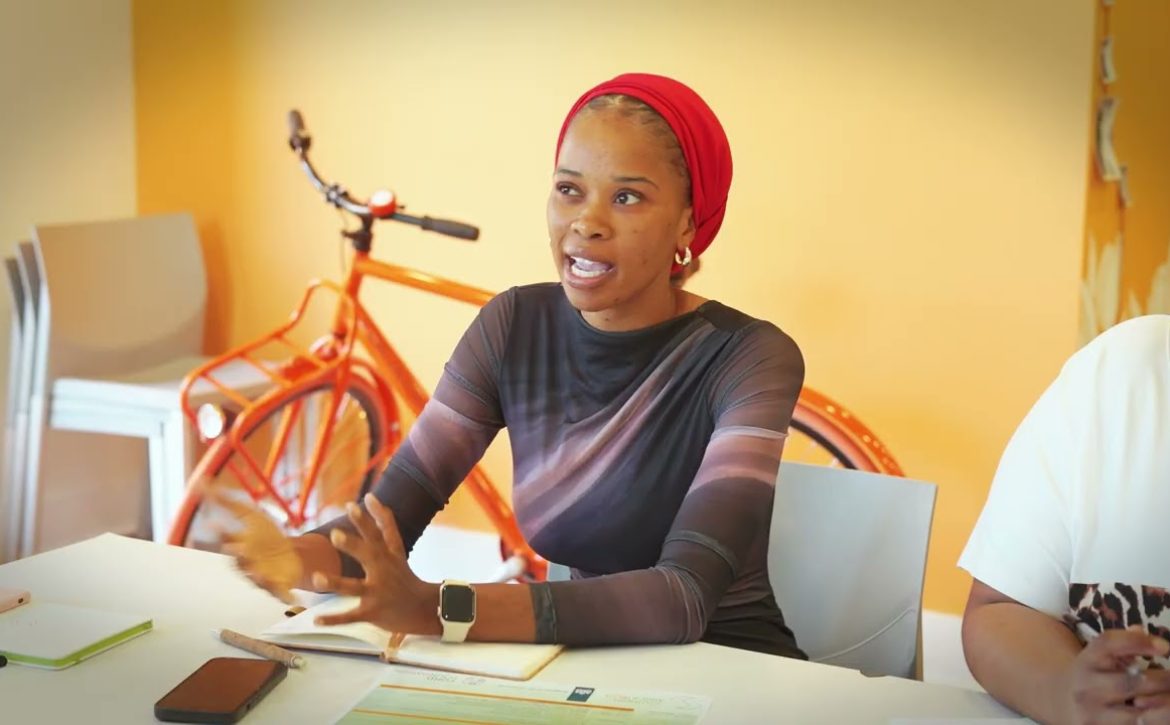Highlights: Addressing Gender-based Violence at Tertiary Institutions in Southern Africa

The Southern Africa Trust (The Trust), in partnership with the Embassy of the Kingdom of the Netherlands in South Africa and the Ford Foundation, recently hosted a multi-country dialogue on addressing Gender-Based Violence (GBV) at tertiary institutions across Southern Africa. The event, held on International Human Rights Day, brought together 21 student activists from Botswana, Eswatini, Malawi, Mozambique, South Africa, Zambia and Zimbabwe.
The day opened with a moving performance by Abafazi be Ngoma, a powerful all-women marimba band who tell stories of their lives through drums, song and dance. The showpiece set the tone for meaningful discussions that followed. Those discussions included the unpacking of the Trust’s commissioned literature review of GBV in tertiary institutions across Southern Africa, a panel discussion and interactive thematic discussions focusing on prevention-centred approaches and decolonized methods, institutional accountability mechanisms and cross-border collaboration strategies for students in tertiary institutions. In her welcoming remarks, H.E. Joanne Doornewaard, Ambassador of the Kingdom of Netherlands to South Africa emphasized the magnitude and complexity of especially SGBV in tertiary institutions and called for responses that centre financial empowerment of all young women: leaving no one behind. The Ambassador encouraged women to speak out and make their voices count in bringing about change. The Trust CEO, Alice D Kanengoni reminded the gathering that tertiary institutions are strategic sites that shape and influence norms, ways of thinking, ways of doing and ways of being in the society. She opined that tertiary education for women and girls often translates into career pathways, economic opportunities, self-actualization among other critical transformations – and decried how GBV hinders all these.
Key outcomes included:
- Launch of a southern Africa tertiary institutions network against GBV, marking a significant step towards building solidarity and regional collaboration among student activists from the countries represented.
- Clear motivation for a standardised monitoring and evaluation system to track the impact of cross-border GBV prevention efforts.
- The potential partnerships with tertiary students across their diversities to address GBV in tertiary institutions.
The event engaged students in a photo exhibition, titled “Break Even”, by visual artist Nelisiwe Nkosi, which explores experiences of recovering from rape and sexual trauma. This was a triumphant story about overcoming GBV and healing for those who have struggled with the traumas of GBV.
This dialogue wasn’t just a discussion – it was the beginning of a coordinated regional movement to create safer tertiary institutions across Southern Africa.
Together, we’re stronger in the fight against GBV.
#Orangetheworld









